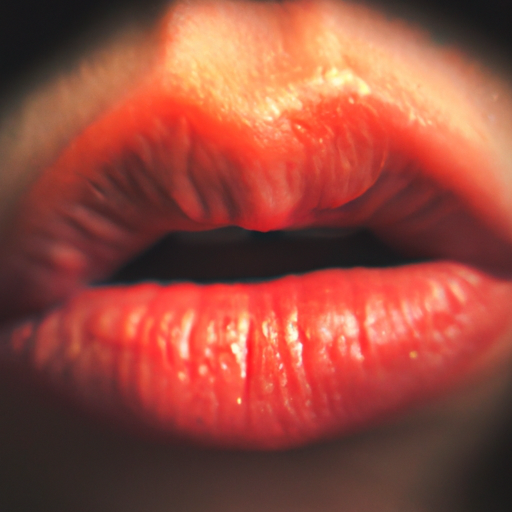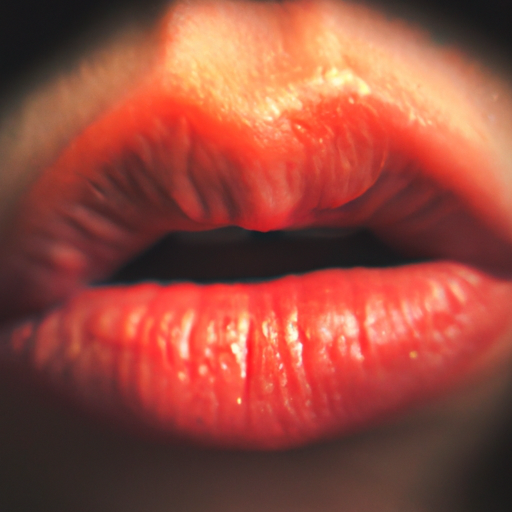As a medical professional, I am often asked about the best ways to treat various skin conditions, including sunburned lips. This condition, while often overlooked, can be extremely painful and lead to further complications if not treated properly. In this article, I will provide a guide on how to soothe the sizzle and treat sunburned lips effectively.
Sunburned lips are caused by prolonged exposure to the sun’s harmful ultraviolet (UV) rays without adequate protection. The skin on our lips is thinner and more delicate than the skin on other parts of our body, making it more susceptible to sun damage. Symptoms of sunburned lips include redness, swelling, tenderness, and in severe cases, blistering.
The first step in treating sunburned lips is to cool them down. This can be done by applying a cold compress to the lips for 10-15 minutes at a time. A cloth soaked in cold water or a bag of frozen peas wrapped in a towel can serve as an effective cold compress. This will help to reduce swelling and provide immediate relief from the burning sensation.
Next, it is important to keep your lips moisturized. Dryness can exacerbate the pain and discomfort associated with sunburned lips. Apply a lip balm or cream that contains aloe vera, which has natural healing properties, or one that contains hydrocortisone, which can help to reduce inflammation. Avoid using petroleum-based products as they can trap heat and worsen the burn.
Drinking plenty of water is also crucial when dealing with sunburned lips. Sunburn draws fluid to the skin surface and away from the rest of the body, so it’s important to stay hydrated to prevent dehydration.
Over-the-counter pain relievers such as ibuprofen or acetaminophen can also be taken to help manage the pain. However, these should be used sparingly and only as directed by a healthcare provider.
If your lips start to blister, it is important not to pop them. The fluid inside blisters is sterile and serves as a natural barrier against infection. Popping blisters can lead to an increased risk of infection and slow down the healing process.
In severe cases, or if symptoms persist for more than a week, it is recommended to seek medical attention. A healthcare provider may prescribe a topical steroid cream or ointment to reduce inflammation and speed up the healing process.
Prevention is always better than cure. To prevent sunburned lips, always apply a lip balm with an SPF of at least 30 before going out in the sun, and reapply it every two hours or immediately after eating or drinking. Wearing a wide-brimmed hat can also provide additional protection.
In conclusion, while sunburned lips can be painful and uncomfortable, they can be effectively treated with immediate cooling, regular moisturization, hydration, and over-the-counter pain relievers. However, the best way to deal with sunburned lips is to prevent them from happening in the first place by using adequate sun protection.




